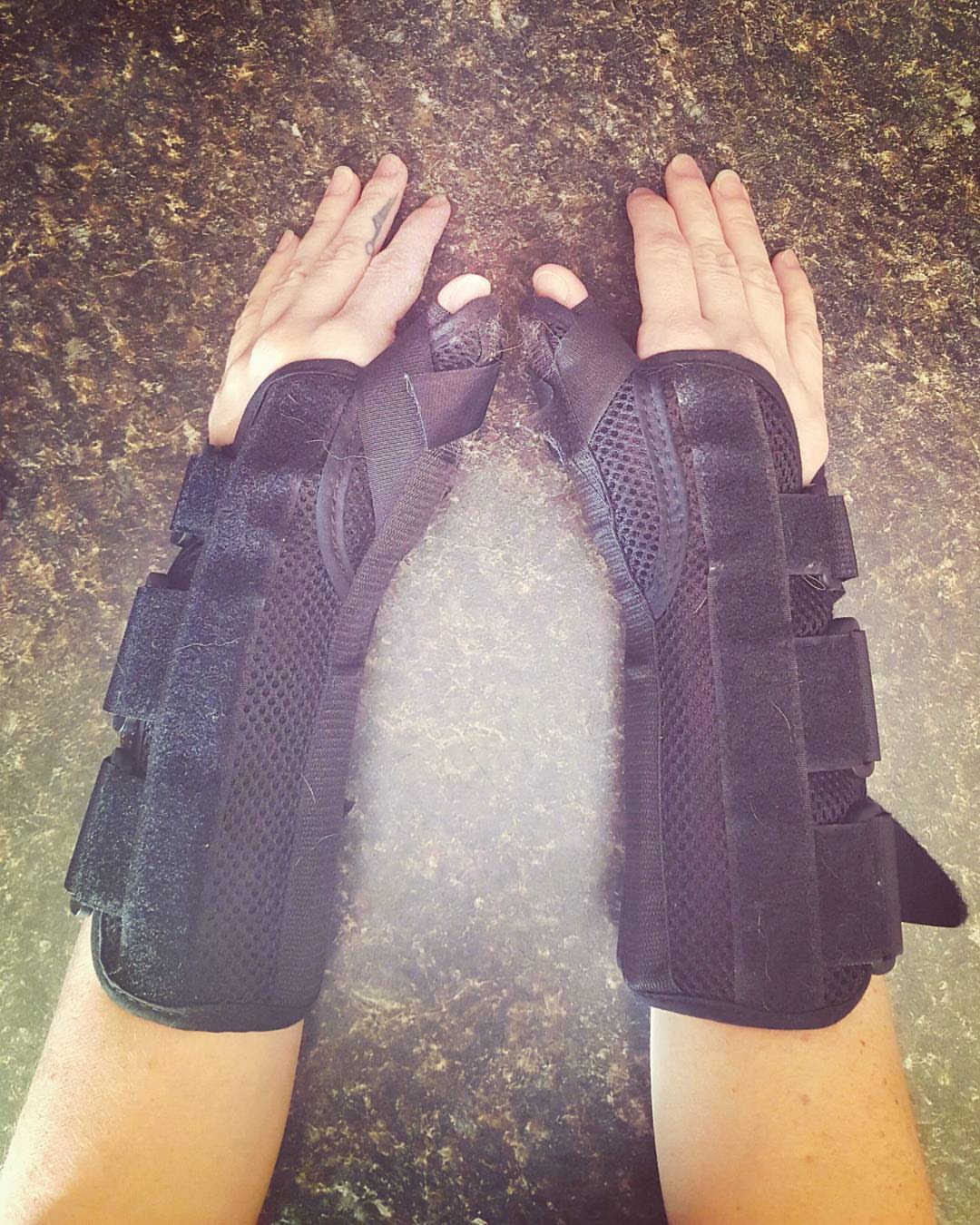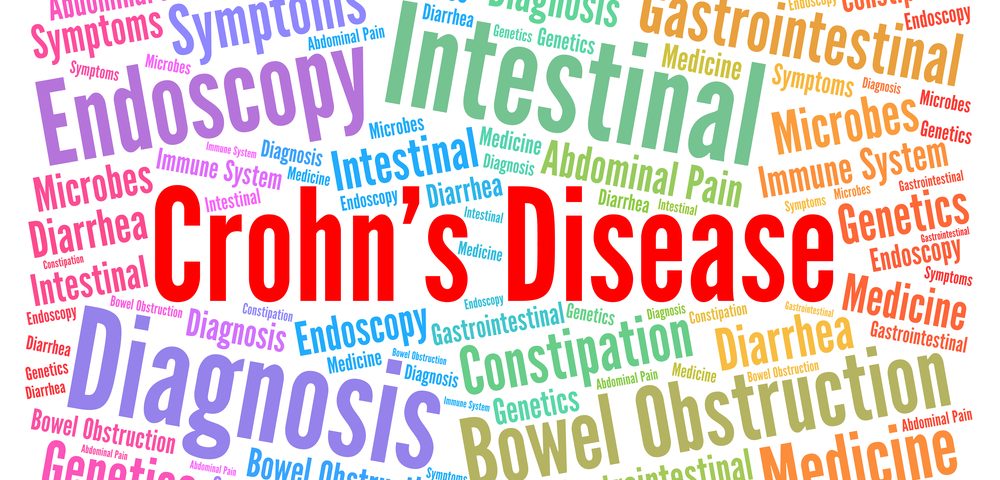Editor’s note: This is the first installment in a series of columns by Mary Horsley about extra-intestinal problems and IBD-related symptoms.
Because Crohn’s disease can lead to many other extra-intestinal complaints and ailments, this series will focus on additional problems or conditions that can happen with your disease. With a diagnosis of Crohn’s or colitis, the bowels often aren’t the only part of the body to have inflammation manifestations, the entire body is often involved in the suffering.
From top to bottom, Crohn’s disease and IBD can affect you anywhere. As I mentioned in two previous series, Crohn’s Complications and Beyond the Bathroom, there are many problems beyond the restroom. Complications can happen with any form of autoimmune disease, through symptoms, sickness or added complaints. Crohn’s disease is a host for many, many other troubles. Crohn’s patients, and all IBD sufferers, can experience extra-intestinal symptoms, and sometimes other problems manifest. Crohn’s disease and immune-suppressing medication weaken the immune response; so, getting sick is a risk.
Bowel diseases like Crohn’s and ulcerative colitis often are just assumed as being “bathroom diseases,” or all about the poop. Usually, when IBD patients mention their diagnosis, the first assumption is that we suffer only in the restroom. It is commonly believed that our problems are only bathroom-related issues and it is assumed that once we “go” we are OK.
Extra-intestinal ailments include problems with the eyes, joints, skin, blood, inner organs and renal diseases. With any diagnosis, there are several ways it could affect your body, and these extra-intestinal ailments are a few of the symptoms IBD patients can face after diagnosis. This series will break down each category listed, with the risks explained.
Head: Some suffer migraines, fevers, eye inflammation, conjunctivitis, uveitis, blurred vision and redness. Patients may endure mouth sores, ulcers, gingivitis and dry mouth.
Joints: Problems such as joint pain, inflammation, arthritis, ankylosing spondylitis, sacroileitis and osteoporosis may occur. Pain or numbness in the feet and hands can happen as well, with finger-clubbing or peripheral neuropathy and nerve damage.

Skin: Potential skin problems include erythema nodosum, or tender areas under the skin. Some patients suffer psoriasis and Sweet’s syndrome.
Inner organs: Liver, pancreatic or gallbladder diseases can occur. Patients also may suffer deficiencies in nutrients, jaundice and anemia with blood loss. Female Crohn’s disease patients can suffer changes in menstrual cycles.
Blood: As well as blood loss and anemia, Crohn’s patients are at risk for problems such as blood clots and sepsis.
Renal disease: Crohn’s patients can suffer from perianal disease, with abscesses and fistula problems, also kidney stone development and colon cancer.
The list of “what-if” problems for Crohn’s disease are endless. With any diagnosis, each person has individual and unique symptoms. Some people experience more problems than others, and just because one person has a symptom does not mean all IBD warriors will have it.
My Crohn’s disease problems and experiences may be different from yours, but you never can be too prepared for the problems that could happen. With Crohn’s disease or ulcerative colitis, for me, It Could Be Worse.
Note: IBD News Today is strictly a news and information website about the disease. It does not provide medical advice, diagnosis, or treatment. This content is not intended to be a substitute for professional medical advice, diagnosis, or treatment. Always seek the advice of your physician or another qualified health provider with any questions you may have regarding a medical condition. Never disregard professional medical advice or delay in seeking it because of something you have read on this website. The opinions expressed in this column are not those of IBD News Today, or its parent company, BioNews Services, and are intended to spark discussion about issues pertaining to IBD.



I’ve had Crohn’s for more than 40 years I’ve been in remission following successful intestinal resectioning surgery but still undergo routine endoscopies and colonoscopies. It was during one of those routine procedures my doctor discovered evidence of esophageal cancer of which I had no symptoms. As a result of this early detection I underwent an esophagectomy eliminating the cancer.
Since esophageal cancer is, I’m told, usually symptom free until it has staged to a point at which it is usually fatal, I can truly say Crohn’s saved my life — though I wouldn’t recommend it!
I am glad you have found remission! Yikes at finding the cancer, I hope things are okay with that. Double ended sword of sorts, that Crohn’s disease. With mine, we found an extra spleen and a ganglioneuroma by chance. *Hugs*